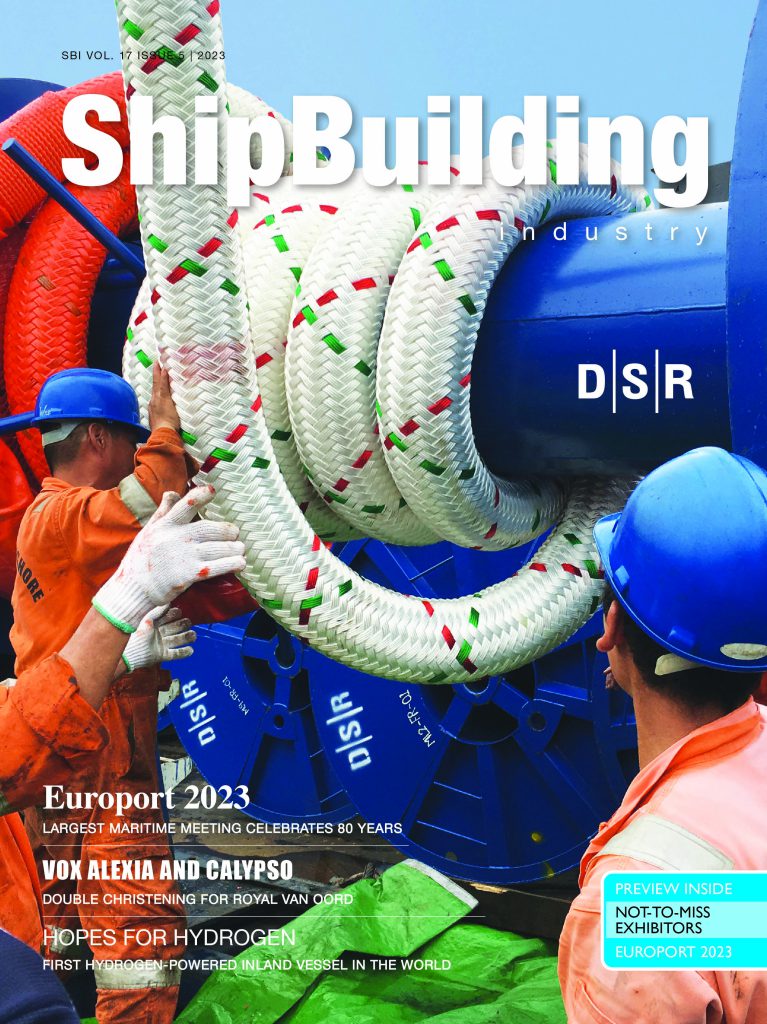OPITO Launches New Research
 In its drive to improve and align safety and competence standards in the global oil and gas industry, OPITO International has commissioned new research to discover how companies are assuring the workforce is competent, rather than simply compliant. “The tragedy that was Macondo has shaken the industry and put the spotlight firmly back on safety of people and systems which inevitably leads to the issue of competency”, said David Doig, OPITO Group chief executive.
In its drive to improve and align safety and competence standards in the global oil and gas industry, OPITO International has commissioned new research to discover how companies are assuring the workforce is competent, rather than simply compliant. “The tragedy that was Macondo has shaken the industry and put the spotlight firmly back on safety of people and systems which inevitably leads to the issue of competency”, said David Doig, OPITO Group chief executive.
He continuous: “Safety is not just about compliance. The industry has to make sure its training programmes deliver people who can do the job competently and safely. This research is aiming to gather an under-stranding of how the industry measures competency over compliance so that we can then roll-out best practice that will create a step-change and avoid another tragic incident.”
The oil and gas training standards body has commissioned the Aberdeen Business School at Robert Gordon University in Scotland to undertake this pioneering research programme which is entitled Tick Safety Not Boxes. The focus of the research is to explore the primary goals of organisations in relation to addressing compliance and competence issues, to identify the key drivers for competency and to determine how compliance management systems integrate with competence management systems.
OPITO is committed to improving safety and reducing risk for people, assets and companies in one of the most hazardous working environments. The findings from the independent study will be used to help the industry enhance its ability to assure competency.
“Safety is paramount and the industry has a fundamental duty to make sure that its people are competent and trained to the best possible standards” , added Doig. “Our aim at OPITO is to work across the industry around the world to ensure that training is delivered to common, high standards that will result in competent people and significantly improved safety.”






